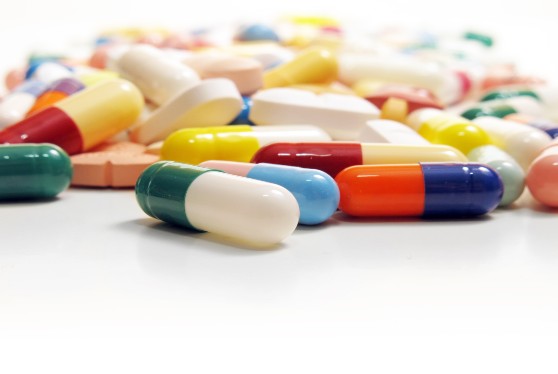Career in Pharmacy: What to study, where and work opportunities


Healthcare comes in many forms—you do not always need a degree in medicine to save a life. Thousands of people all over the globe are living a healthy life thanks to pharmacists who prepare and dispense medicine. But how to go for a career in Pharmacy?
What is Pharmacy
Pharmacy combines certain aspects of healthcare like direct patient contact, patient care, technology application, drug development and business management. Pharmacists are responsible for the discovery, production and disposal of medicine along with the safe and effective use of drugs.
Why study Pharmacy
A pharmacist understands chemical compounds as well as their nature and effect on the human body. Modern healthcare is dependent on this versatile branch of Clinical Science.
Here are some reasons it is one of the most sought-after subjects after Class XII:
How to study Pharmacy
You can opt for three courses to get a degree in Pharmacy. They are:
You can opt for any of these courses after passing your Class XII board exams with at least 55% aggregate and with Physics, Biology and Chemistry as compulsory subjects in Class XI–XII.
You can also go for higher studies with a MPharm course after completing the BPharm course and choose a specialisation based on your career interests after graduation.
If you are pursuing a DPharm degree, you can enrol in a PharmD course after obtaining your diploma. After completion of a PharmD or MPharm course, you can opt for a PhD degree.
Pharmacy entrance exams
Undergraduate entrance exams:
WBJEE: The West Bengal Joint Entrance Examination (WBJEEB) is the state-level joint entrance test for Engineering and Pharmacy courses in Bengal. It is conducted by the West Bengal Joint Entrance Examination Board (WBJEEB).
GUJCET: The Gujarat Common Entrance Test (GUJCET) is a state-level entrance exam for admission to various pharmaceutical colleges in Gujarat. This exam is held by the Directorate of Technical Education.
UPSEE: The Uttar Pradesh State Entrance Examination is a test for gaining admission to colleges in Uttar Pradesh. It is conducted by Dr APJ Abdul Kalam Technical University.
Other states also conduct their own entrance exams for students willing to study Pharmacy in those states after their Class XII board exams.
Here are some such exams:
Postgraduate entrance exams:
GPT: Graduate Pharmacy Test is a national-level exam conducted by the All India Council of Technical Education (AICTE) for students seeking admission to MPharm programmes.
NIPER JEE: It is a national-level entrance exam to various postgraduate courses in Pharmacy.
Leading Pharmacy institutes in Eastern India:
Leading Pharmacy institutes in India:
What will you do with a Pharmacy degree
Other than working in hospitals and communities, pharmacists play different roles in the pharmaceutical industry, regulatory bodies and academia.
Here are some of the roles for a pharmacist: